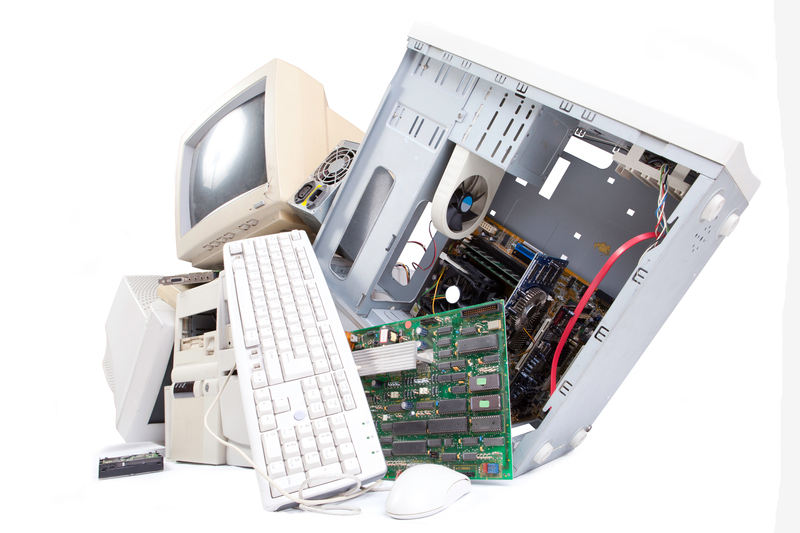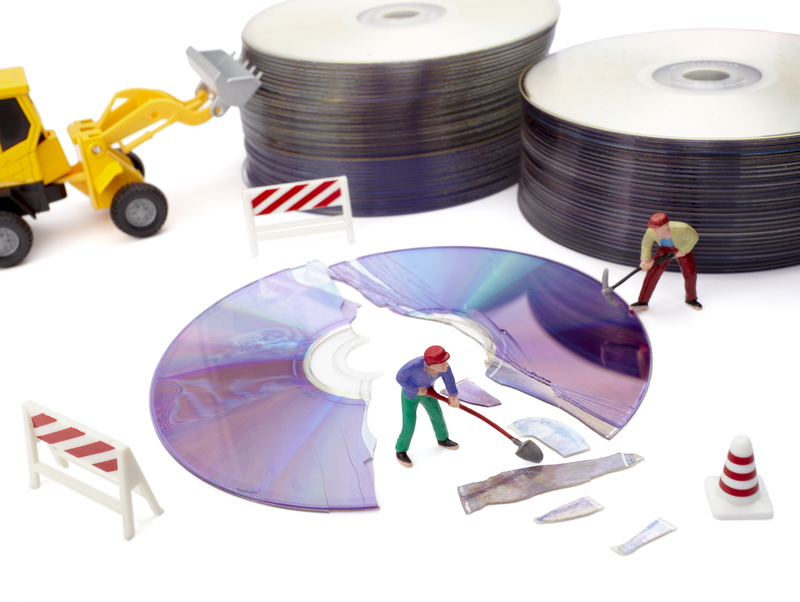Empowering Communities through Sustainable Packaging and Cardboard Disposal
In a world increasingly attentive to environmental challenges, the move towards sustainable packaging and responsible cardboard disposal is not just a trend but a necessity. Communities across the globe are realizing the importance of eco-conscious packaging and effective waste management practices. But how exactly do sustainable packaging solutions and efficient cardboard recycling empower communities? This comprehensive article delves into the transformative impact, best practices, and actionable steps that individuals, local businesses, and municipalities can adopt for a greener and stronger community.

The Critical Role of Sustainable Packaging in Community Empowerment
What is Sustainable Packaging?
Sustainable packaging refers to packaging solutions that minimize harmful environmental effects throughout their entire life cycle--from production and transportation, to usage and disposal. This includes using recycled materials, designing for recyclability, reducing packaging volume, and opting for biodegradable or compostable alternatives.
- Resource Conservation: Sustainable packaging reduces the need for raw materials and conserves energy.
- Pollution Reduction: Environmentally friendly materials emit fewer pollutants during production and after disposal.
- Renewable and Recyclable: Much of sustainable packaging is created from renewable resources or designed for easy recycling.
Why Sustainable Packaging Matters to Communities
Eco-friendly packaging does more than protect products--it safeguards the health, wellbeing, and future of communities by:
- Reducing Landfill Waste: Packaging often constitutes a large percentage of municipal solid waste. Sustainable packaging decreases what ends up in landfills.
- Protecting Natural Resources: By using recycled content and reducing resource extraction, communities preserve their precious ecosystems and biodiversity.
- Encouraging Local Innovation: The shift towards sustainable packaging solutions drives local innovation, opening doors for small businesses and creating new job opportunities.
- Fostering Environmental Education: Transitioning to eco-friendly packaging encourages education and awareness about the importance of responsible consumption and waste management.
The Cardboard Dilemma: From Disposal to Empowerment
The Ubiquity of Cardboard Packaging
Cardboard stands as the backbone of modern packaging. Preferred for its lightweight, versatile, and cost-effective nature, it is omnipresent in deliveries, retail, and storage. However, with the astronomical growth of e-commerce, cardboard waste has surged--posing both challenges and opportunities.
Challenges with Improper Cardboard Disposal
- Landfill Overflow: Cardboard that ends up in landfills loses its recycling potential and contributes to methane emissions as it decomposes anaerobically.
- Resource Depletion: Improper disposal means a continual need for virgin wood fibers, driving deforestation and habitat destruction.
- Missed Economic Opportunities: Diverting cardboard from the recycling stream means communities miss out on revenue and job creation from recycling industries.
Empowering Communities: Best Practices in Sustainable Packaging and Cardboard Disposal
1. Education on Eco-Friendly Packaging and Disposal
Knowledge is power. Community empowerment begins with robust education campaigns on identifying sustainable packaging, understanding recycling symbols, proper sorting, and the broader environmental impact of packaging waste.
- Hosting local workshops to teach residents and businesses about sustainable packaging alternatives and effective cardboard disposal.
- Public service announcements and informative brochures outlining what can and cannot be included in curbside recycling programs.
- School programs integrating environmental lessons that foster eco-conscious habits from a young age.
2. Community Recycling Initiatives
Communities can establish or bolster local cardboard recycling programs that make it easy for residents and businesses to participate. Effective initiatives might include:
- Curbside collection of cardboard and recyclable materials with clear guidelines on preparation and sorting (e.g., flattening boxes, removing non-paper attachments).
- Designated drop-off locations for large cardboard quantities, especially after holidays or community events.
- Partnerships with recycling firms to ensure transparent, local reprocessing and create new products from reclaimed fibers.
3. Supporting Local Sustainable Packaging Solutions
Local businesses are pivotal in the journey toward sustainable packaging communities. By leveraging eco-friendly packaging suppliers and adopting innovative packaging designs, small businesses can lead by example. Strategies to encourage business participation:
- Incentives for businesses that transition to recyclable or compostable packaging materials.
- Bulk-purchasing cooperatives for small businesses to access sustainable packaging at lower costs.
- Showcasing local heroes--promoting businesses that actively reduce packaging waste in their operations.
4. Grassroots and Municipal Policy Advocacy
Policy support is essential for scalable change. Communities that advocate for and adopt supportive policies can make a significant difference--such as:
- Banning or taxing non-recyclable packaging materials.
- Offering grants and subsidies for sustainable packaging innovation and cardboard recycling infrastructure.
- Setting community waste diversion goals to maintain momentum and celebrate progress.
The Environmental, Economic, and Social Benefits for Communities
Environmental Advantages of Sustainable Packaging & Cardboard Disposal
When communities transition to sustainable packaging practices and prioritize cardboard recycling, the environmental benefits are profound:
- Reduced Pollution and Greenhouse Gases: Less packaging waste in landfills translates to lower emissions and pollution.
- Resource Conservation: Recycling cardboard saves water, energy, and reduces the demand for raw materials like wood and petroleum.
- Biodiversity Protection: Decreasing reliance on virgin fibers helps protect forests and the habitats within them.
Economic Opportunities from Sustainable Packaging and Cardboard Recycling
Adopting sustainable packaging solutions and promoting responsible cardboard disposal isn't just good for the planet--it's good for the community's economy.
- Job Creation: The recycling sector is labor-intensive, offering diverse job opportunities from collection to processing and product manufacturing.
- Cost Savings for Businesses: Reducing packaging volume and waste disposal costs increases profitability for local businesses.
- Revenue from Recyclables: Communities can earn income by selling collected cardboard and other recyclable materials to mills and manufacturers.
Social Empowerment and Community Pride
Empowered communities that unite around eco-friendly packaging and conscientious cardboard disposal foster a sense of pride and purpose.
- Collaborative Spirit: Working together on local sustainability projects builds stronger neighborhood bonds and civic engagement.
- Healthier Environments: Cleaner communities improve public health and enhance residents' quality of life.
- Educational Uplift: Teaching sustainable habits enriches knowledge and skills, especially in younger generations.
Overcoming Challenges in Community Sustainable Packaging Initiatives
Barriers to Widespread Adoption
Despite the clear benefits, many communities face hurdles in fully embracing green packaging and recycling practices:
- Lack of Infrastructure: Insufficient recycling facilities or collection points can discourage participation.
- Misinformation: Confusion about what's recyclable or compostable can lead to contamination and inefficiency.
- Cost Concerns: Some sustainable packaging alternatives may have higher upfront costs, though these are often offset long-term.
- Limited Awareness: Without continual outreach, enthusiasm for sustainability initiatives may wane.
Innovative Solutions to Accelerate Progress
Communities can surmount obstacles by harnessing creativity and collaboration:
- Pilot programs to test new recycling routes or packaging alternatives before community-wide rollout.
- Technology-driven tools such as recycling reminder apps, smart bins, or digital education platforms.
- Inclusive decision-making--inviting resident feedback for more tailored and effective solutions.
- Leveraging social media to spread best practices, success stories, and educational content.
Case Studies: Communities Empowered by Sustainable Packaging & Cardboard Disposal
San Francisco, USA: Leading the Way in Cardboard Recycling
San Francisco's zero-waste goals have transformed its recycling landscape. The city mandates proper sorting, with cardboard recycling rates exceeding 80%. Community outreach, a robust curbside collection system, and partnerships with local businesses have made this a model for other cities worldwide.
Freiburg, Germany: Integrating Sustainable Packaging in Local Markets
Freiburg is renowned for its eco-friendly ethos. Local markets have transitioned to compostable packaging and incentivize shoppers to return cardboard packaging for reuse. The city's annual "Green Days" festival champions creative eco-packaging solutions and responsible disposal.
Rural India: Women-Led Cardboard Recycling Enterprises
In several Indian villages, women's cooperatives have emerged to collect, sort, and sell used cardboard. These initiatives not only support sustainable packaging disposal but also provide critical income and empower women as local leaders.

How Individuals Can Make a Difference
- Choose products with minimal or recyclable packaging.
- Flatten and sort cardboard for recycling. Remove any non-paper elements, such as plastic tape or labels.
- Support local businesses that use sustainable packaging materials.
- Advocate for comprehensive recycling programs in your neighborhood or apartment complex.
- Educate family and friends on proper recycling practices. Share knowledge--empower others!
The Future: Building Lasting Change with Sustainable Packaging and Cardboard Disposal
If communities continue to champion sustainable packaging solutions and promote responsible cardboard disposal, the benefits will ripple through generations--creating healthier, wealthier, and more resilient societies. It's not just about waste reduction; it's about building empowered communities ready to meet the challenges of the 21st century with hope and ingenuity.
Every box recycled, every package redesigned, every business inspired to make the greener choice--these are the foundations of a sustainable future where communities play the lead role in shaping a better world.
Key Takeaways
- Sustainable packaging and effective cardboard disposal are vital for empowered, eco-friendly communities.
- Education, accessible recycling infrastructure, local business support, and progressive policies drive positive change.
- The journey requires ongoing collaboration, innovation, and individual responsibility.
Start today: Assess your own packaging choices, support community recycling programs, and inspire others to join in the movement towards a sustainable, empowered future.
```